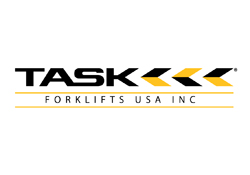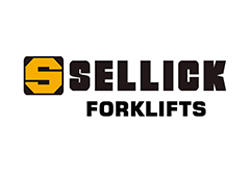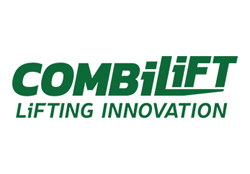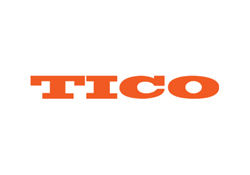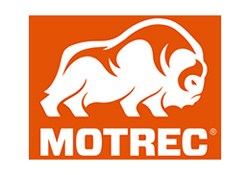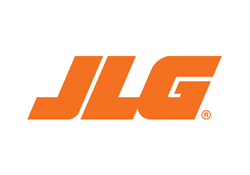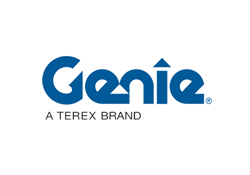Future Innovations in Pallet Jack Rentals Shaping Global Supply Chains
As the global supply chain landscape continues to evolve, businesses are increasingly turning to innovative solutions to enhance efficiency and adapt to emerging market demands. One such solution gaining traction is the Pallet Jack Rental sector, which has seen significant growth due to the rise in e-commerce and the need for flexible warehousing options. According to a recent industry report by Allied Market Research, the global pallet jack market is projected to reach USD 4.7 billion by 2027, demonstrating a compound annual growth rate (CAGR) of 4.2%. This growth reflects the growing reliance on automated material handling solutions and highlights the critical role pallet jack rentals play in streamlining logistics.
Furthermore, as companies strive to optimize their operations, the adoption of rental services is becoming a favored strategy to reduce capital expenditure while maintaining operational flexibility. A survey from the Material Handling Industry of America reported that 63% of businesses that utilize rental equipment successfully reduced their overall costs, illustrating the benefits that pallet jack rentals provide in terms of budget management and resource allocation. This blog will explore the future innovations in the pallet jack rental market and how these advancements are shaping the global supply chains to meet the challenges of a dynamic economy.

Future Trends in the Pallet Jack Rental Market: A Data-Driven Perspective
The pallet jack rental market is undergoing significant transformations driven by technological advancements and shifting consumer demands. As businesses strive for efficiency and cost-effectiveness in their supply chains, the focus on data-driven strategies has never been more pronounced. In this context, the integration of smart technologies, such as IoT-enabled pallet jacks, is set to revolutionize how companies manage their inventory and logistics operations. These innovations allow for real-time tracking and monitoring, enabling businesses to optimize their workflow and reduce downtime, ultimately leading to enhanced productivity. Additionally, data analytics plays a critical role in shaping future trends in pallet jack rentals. By leveraging data insights, companies can predict usage patterns, streamline their fleet management, and reduce operational costs. The ability to analyze metrics such as rental frequency, maintenance needs, and operational efficiency not only supports better decision-making but also customizes rental offerings to meet the unique needs of each business. This data-driven approach empowers companies to respond swiftly to market changes and customer demands, reinforcing their competitive edge in a dynamic global marketplace. Furthermore, the growing emphasis on sustainability is influencing the design and functionality of pallet jacks available for rent. As companies adopt greener practices, suppliers are increasingly offering electric and eco-friendly options. This trend not only meets regulatory standards but also aligns with the values of today’s environmentally conscious consumers. The synergy of sustainability and technology in the pallet jack rental market is indicative of a broader shift towards smarter, more responsible supply chain solutions that cater to the needs of modern businesses.
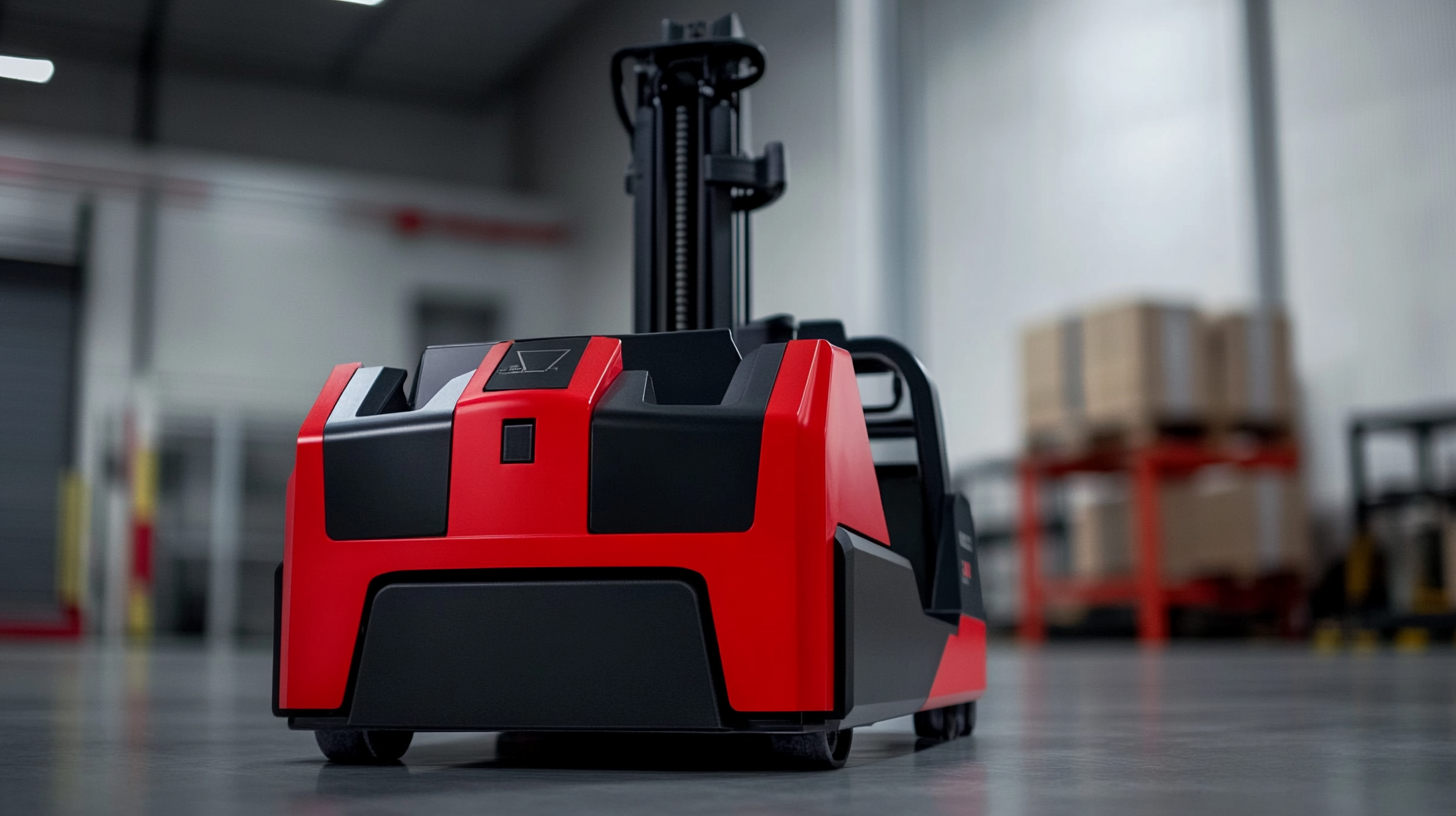
The Impact of Automation and Robotics on Pallet Jack Rentals in Supply Chains
The integration of automation and robotics into pallet jack rentals is transforming supply chain operations around the globe. As businesses seek to enhance efficiency and reduce labor costs, automatic pallet jacks equipped with smart technologies are becoming indispensable. These advanced machines can navigate warehouses with minimal human intervention, facilitating faster loading and unloading processes. This shift not only streamlines operations but also minimizes the potential for workplace accidents, contributing to a safer work environment.
Moreover, the rise of robotics in pallet jack rentals signifies a broader trend toward digitalization in supply chains. Companies are increasingly leveraging data analytics to optimize their inventory management, ensuring that automated pallet jacks are used effectively according to demand. Real-time monitoring of equipment functions and logistics fosters agility, allowing businesses to adapt quickly to market changes. As a result, the reliance on traditional manual pallet jacks is dwindling, paving the way for more innovative solutions that enhance productivity and sustainability.
In this evolving landscape, rental companies are also adapting their offerings to meet the needs of a tech-savvy clientele. Providing access to the latest automated pallet jacks on a rental basis allows businesses—especially small and medium enterprises—to benefit from cutting-edge technology without the burden of significant capital investment. This dynamic not only democratizes access to advanced operational tools but also positions these businesses for sustained success in increasingly competitive markets.

Analyzing the Growth of E-Commerce and Its Effect on Pallet Jack Rental Demand
The rapid growth of e-commerce has significantly influenced various sectors, notably logistics and warehousing. According to a report by Statista, global e-commerce sales are projected to reach $6.54 trillion by 2023, highlighting an urgent need for efficient material handling solutions. As online shopping continues to thrive, the demand for pallet jack rentals has surged, driven by retailers and warehouses striving to optimize their operations and enhance productivity.
With e-commerce fulfillment centers expanding to meet consumer expectations for quicker deliveries, the efficiency of equipment becomes paramount. Rental services for pallet jacks offer flexibility and cost-effectiveness, allowing businesses to scale their operations without committing to long-term investments. A report from Research and Markets indicates that the pallet jack market, including rentals, is expected to grow at a CAGR of 5.2% through 2027. This underscores the increasing reliance on rental equipment as businesses navigate fluctuating market demands.
Moreover, the trend towards automation and advanced logistics technologies is reshaping the landscape of pallet jack rentals. Companies are integrating smart technologies to improve handling processes, which in turn drives the demand for more specialized and high-quality rental equipment. As e-commerce continues to evolve, businesses will increasingly look to pallet jack rentals not just as temporary solutions, but as integral components of their supply chain strategies.
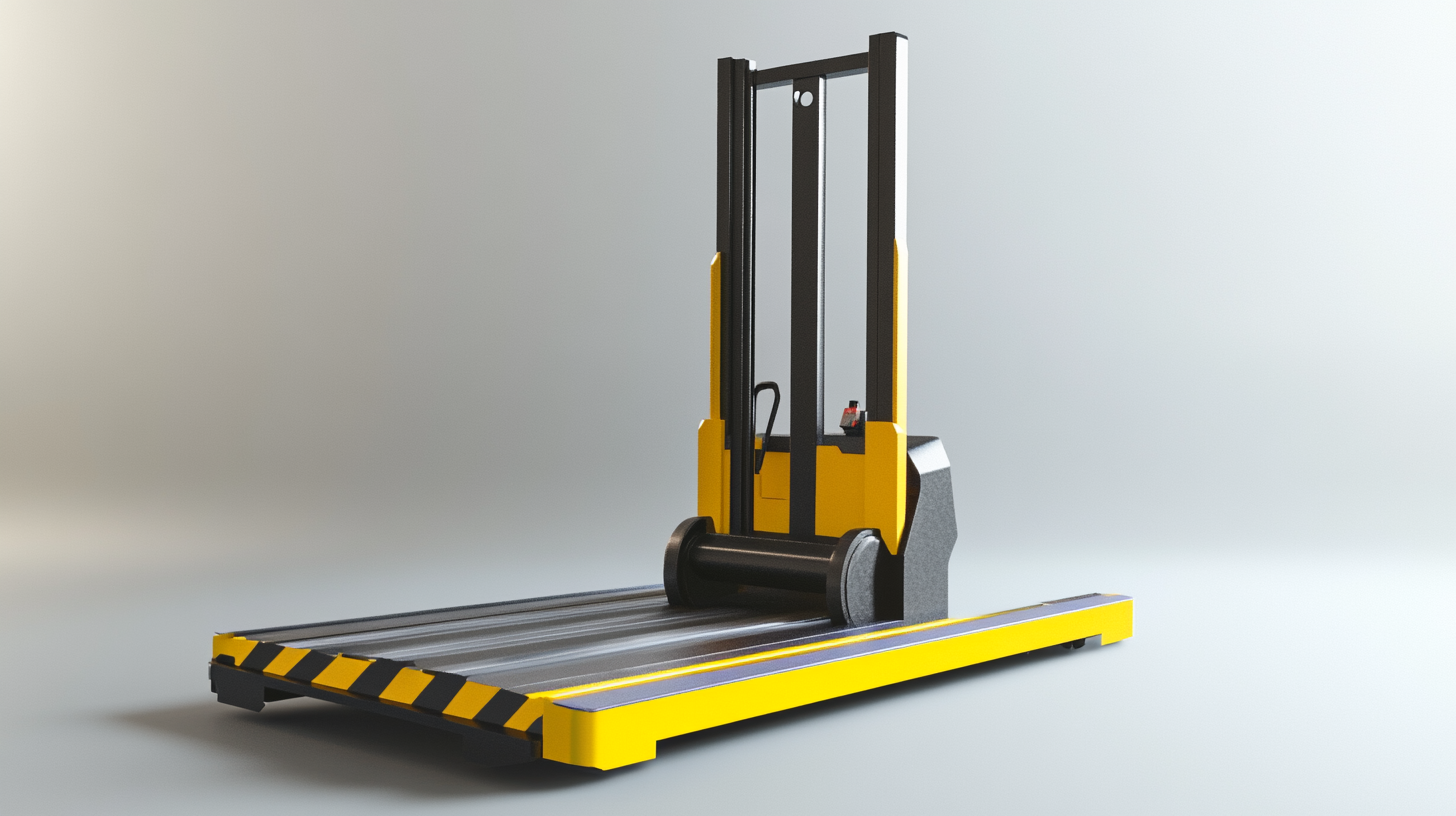
Sustainability Initiatives in Pallet Jack Rentals: Benefits and Industry Statistics
The growing emphasis on sustainability within the pallet jack rental industry is transforming global supply chains. As companies increasingly incorporate eco-friendly practices, pallet jack rentals are becoming more aligned with sustainability initiatives. Using electric and energy-efficient models, rental companies can significantly reduce carbon footprints while offering businesses a greener alternative for their material handling needs. This shift towards electric equipment not only addresses environmental concerns but also enhances operational efficiency, as electric pallet jacks often require less maintenance and lower energy costs compared to their traditional counterparts.
Industry statistics reveal a strong correlation between sustainability efforts and profitability in equipment rentals. Companies embracing eco-friendly practices are not only attracting environmentally-conscious clients but also reaping the benefits of reduced operational costs and improved market competitiveness. Furthermore, as global supply chains continue to evolve, the integration of sustainable pallet jack rentals will likely become a key differentiator for businesses aiming to demonstrate corporate responsibility. This trend signals a broader industry movement toward greener logistics solutions that can yield significant long-term benefits while meeting the demands of a rapidly changing market landscape.
The Role of IoT in Enhancing Pallet Jack Rental Efficiency and Management
The integration of IoT technology in pallet jack rentals is revolutionizing efficiency and management within global supply chains. As the heavy construction equipment rental market continues to expand, projected to grow from USD 75.21 billion in 2024 to over USD 110 billion by 2030, the emphasis on optimizing equipment utilization through technological advancements becomes paramount. IoT devices, equipped with sensors, are enabling rental companies to gather real-time data on equipment performance and usage patterns, which can lead to significant improvements in operational efficiency.
Through enhanced telemetry and data analytics, rental firms are refining maintenance schedules and minimizing downtime. The collection of actionable insights allows organizations to predict when equipment needs servicing, ensuring that pallet jacks remain operational and safe for use. Moreover, by implementing smart fleet management systems, companies can monitor their assets' locations and conditions more effectively, leading to reduced losses and increased customer satisfaction.
The ongoing trend towards digitization and automation within the supply chain signifies that future innovations will heavily rely on IoT capabilities. As logistics demand grows, the emphasis on safety and efficiency becomes clear. Equipment rental businesses that harness these IoT advancements will likely gain a competitive edge, making their operations not only smarter but also safer in handling heavy loads. Thus, the role of IoT in pallet jack rentals is proving to be a game-changer, threading through the fabric of modern supply chains and shaping how companies approach equipment management.

